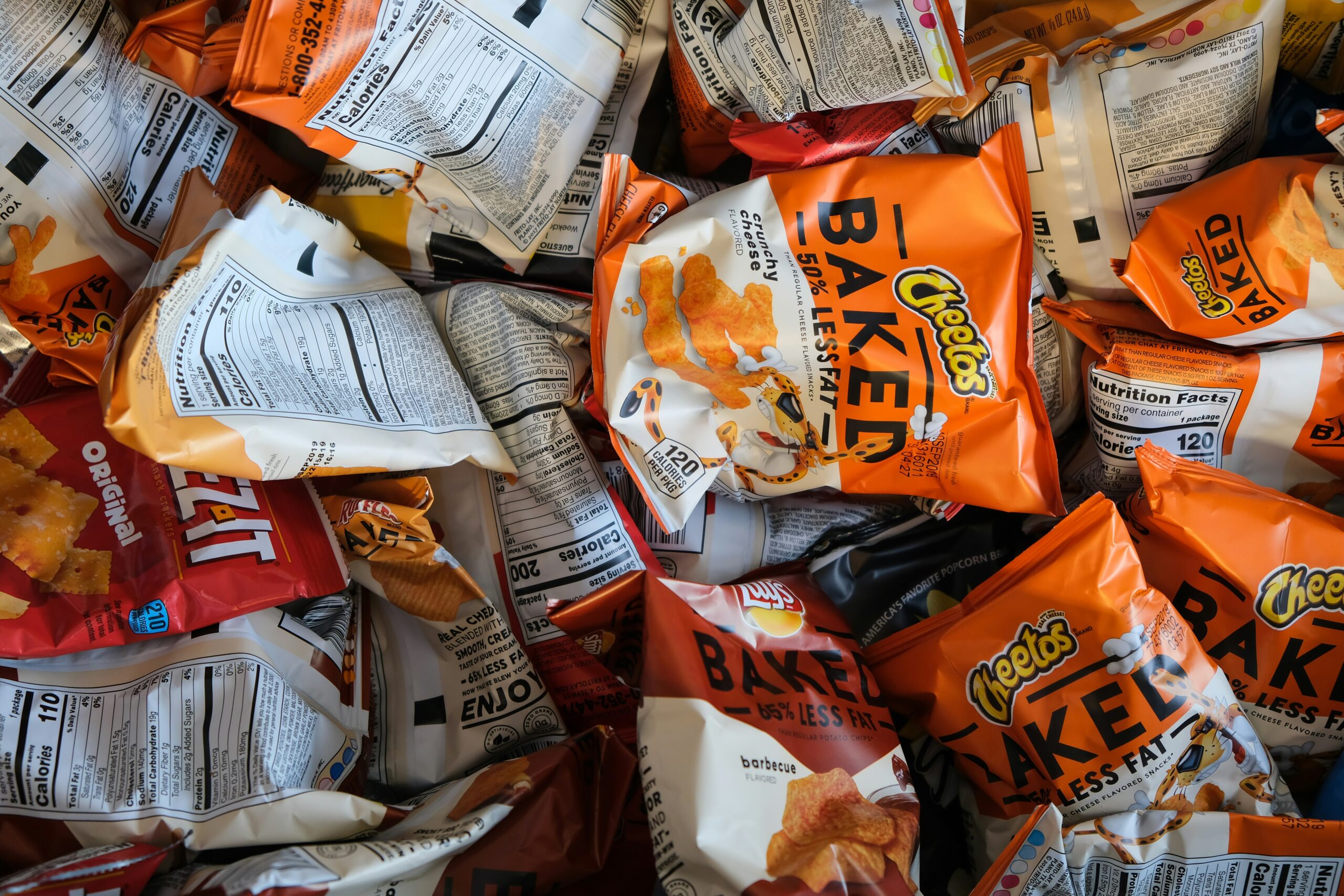Nicotinamide riboside (NR) was found in a study looking at the maternal effects of supplementation post-pregnancy to significantly improve health outcomes for rat mothers and their offspring, suggesting the same could be possible in human mothers.
Having originally set out to see if NR could be used by new mothers to resist postpartum obesity, Brenner et al. ended up demonstrating robust improvements in things like growth, glycemic control, and motor learning in the rat pups, which corresponded to increases in physical performance, hippocampal neurogenesis and memory, and beneficial decreases in immobility of behavior when they reached adulthood.
These physiological effects have been recorded in a variety of mice trials, where NR supplementation of varying doses in adult mice seemed to confer a host of neurological benefits, better metabolic health and fat utilization, and also mitochondrial health, efficiency, and biogenesis and repair, but this study was the first to look at nursing rats.
NR is one of the three variations of niacin, or vitamin B3, the others being niacinamide, and nicotinic acid. NR is one of a family of supplements known as NAD+ boosters, which are being investigated as a possible anti-aging intervention.
Plenty of animal research has been done on NR, another NAD+ booster called nicotinamide mononucleotide, or NMN, and resveratrol, a potent antioxidant found in injured plants, all with the aim of establishing a body of evidence that would suggest these compounds can help delay the undesirable effects of the aging process.
While mice and humans are not the same creature, there’s reason to be hopeful that an off-the-shelf NR supplement is working in a beneficial way, but this latest study involving pregnant and nursing mice was particularly dramatic.
Striking advantages
After eating a normal chow diet during the course of their pregnancy, female rats were switched to a diet containing 3,000 milligrams of NR per KG of chow. Measurements of all factors were taken periodically from the start of their nursing period until after the rat pups were weaned.
Levels of NAD+, one of the most important chemicals on earth, without which nothing could survive and which works as a key part for the most important systems in our biology such as cell proliferation and energy creation, changed in the nursing mice during the measured period.
Normally, levels of NAD+, the researchers say, fall in other regions of the body like the liver while the mammary organ is doused in 20-fold higher levels of NAD+. The rats in the study however, along with increasing mammary NAD+ as normal, maintained their pre-partum liver NAD+, perhaps suggesting why postpartum weight loss was observed.
Furthermore, the NR supplementation seemed to superinduce release of the enzyme prolactin, which allows mammals to produce milk, in higher amounts from the pituitary gland.
This resulted in greater production of milk and 100% more post-pregnancy weight loss for the nursing rat mothers, while their pups received what the authors described as “striking advantages” over rat pups weaned by non NR-supplemented rats.
“…we discovered that adding NR to normal chow (NC) solely in the 21 days in which new mouse and rat mothers are co-housed with pups produces a series of profound effects on maternal metabolism and juvenile development, which result in persistent physical, neurobehavioral, and neurodevelopmental advantages to the adult offspring of NR-supplemented mothers,” explained Charles Brenner, the author of the new study.
This included greater physical capabilities, less anxiety, fewer depressive-like behaviors and greater spatial memory than rats weaned on normal chow-diet mothers, and when they reached adulthood they had better hippocampal neurogenesis – the creation of new brain cells in a region governing short-term memory, better physical capabilities and emotional stability.
One of the reasons this could be is that the milk in NR-supplemented rats was richer in brain-derived neurotrophic factor (BDNF) a principle growth signal that enhances juvenile brain development.
The implications for NR supplementation in nursing women are a set of questions immediately raised after Brenner et al’s. stunning findings, especially in the areas of postpartum weight loss, which some human trials have already observed, or women who may for one reason or another have trouble producing adequate amounts of milk.
Whether NR supplementation exists as a way to improve health outcomes for childhood development on the other hand requires more research but it’s a field that holds incredible promise.


